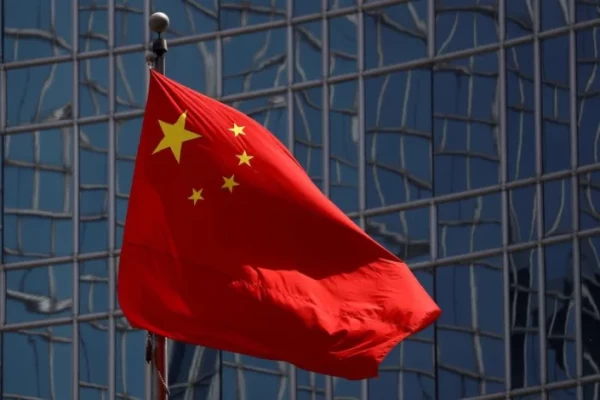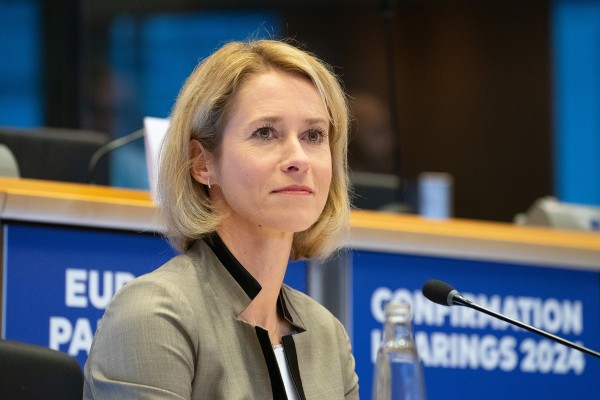
The move comes amid Western criticism towards China over escalating military pressure on democratically ruled Taiwan, which China claims as its own territory, and Beijing's strengthening of ties with Russia during the invasion of Ukraine.
According to Latvia’s foreign ministry, Riga took the decision “in view of Latvia’s current foreign and trade policy priorities”.
Meanwhile, Tallinn did not give reasons for its withdrawal.
“Estonia will continue to pursue constructive and pragmatic relations with China, including the development of relations between the European Union and China in accordance with the rules-based international order and values such as human rights,” the statement said.
Lithuania already withdrew from cooperation in May last year.
Lithuanian Foreign Minister Gabrielius Landsbergis called the platform divisive, as Beijing should be dealing with the EU and not individual countries.
The Czech Republic's foreign ministry said in May the promise of large Chinese investments and mutually beneficial trade were not being fulfilled, following calls within the country's parliament to quit the group.
The cooperation platform also include Bulgaria, Croatia, the Czech Republic, Greece, Hungary, Poland, Romania, Slovakia, and Slovenia.
Advertisement / Reklaam
Advertisement / Reklaam





